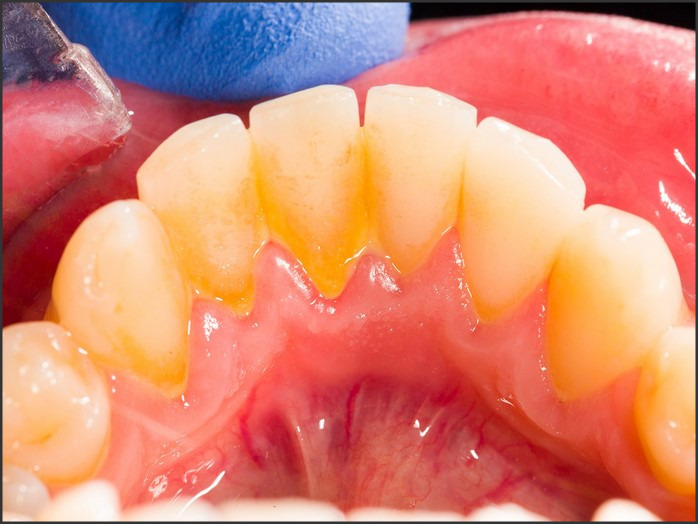
Dental plaque is a sticky, colorless film that forms on the teeth and gums. It is made up of bacteria, food particles, and saliva. Plaque can cause tooth decay, gum disease, and other oral health problems. Understanding the causes, effects, and prevention of dental plaque is essential for maintaining good oral health. This article will provide an overview of dental plaque, its causes, effects, and prevention methods.
The Basics of Dental Plaque: What is it and How Does it Affect Your Oral Health?
Dental plaque is a sticky, colorless film of bacteria that accumulates on the teeth and gums. It is the primary cause of tooth decay and gum disease, two of the most common oral health problems. Plaque is made up of bacteria, food particles, and saliva, and it can form on the teeth within 24 hours of brushing.
Plaque can cause tooth decay by producing acids that attack the enamel of the teeth. If left untreated, the acids can cause cavities and other damage to the teeth. Plaque can also cause gum disease, which is an infection of the gums that can lead to tooth loss.
The best way to prevent plaque buildup is to practice good oral hygiene. This includes brushing your teeth twice a day with a fluoride toothpaste, flossing daily, and using an antibacterial mouthwash. It is also important to visit your dentist regularly for professional cleanings and checkups.
By taking these steps, you can help keep your teeth and gums healthy and free of plaque. If you do develop plaque, your dentist can help you remove it and prevent further damage to your teeth and gums.
In conclusion, dental plaque is a sticky film of bacteria that can cause tooth decay and gum disease. To prevent plaque buildup, it is important to practice good oral hygiene and visit your dentist regularly. By taking these steps, you can help keep your teeth and gums healthy and free of plaque.
Understanding the Causes of Dental Plaque and How to Prevent it from Forming
Dental plaque is a sticky, colorless film of bacteria that forms on the teeth and gums. It is the leading cause of tooth decay and gum disease, and it can be difficult to remove once it has formed. Fortunately, there are steps you can take to prevent plaque from forming in the first place.
The primary cause of dental plaque is bacteria. Bacteria naturally occur in the mouth, and when they combine with food particles and saliva, they form a sticky film on the teeth and gums. This film is the beginning of plaque.
The best way to prevent plaque from forming is to practice good oral hygiene. Brushing your teeth twice a day with a fluoride toothpaste and flossing daily can help remove plaque-causing bacteria and food particles from the mouth. Additionally, regular visits to the dentist for professional cleanings can help remove plaque and tartar buildup.
It is also important to limit the amount of sugary and starchy foods you consume. These types of foods are broken down by bacteria in the mouth, which can lead to an increase in plaque formation. Limiting your intake of these foods can help reduce the amount of plaque in your mouth.
Finally, drinking plenty of water and using an antibacterial mouthwash can help reduce the amount of bacteria in the mouth, which can help prevent plaque from forming.
By following these simple steps, you can help prevent plaque from forming and keep your teeth and gums healthy.In conclusion, understanding dental plaque is essential for maintaining good oral health. Plaque is a sticky film of bacteria that accumulates on the teeth and gums, and can cause tooth decay and gum disease if not removed. The best way to prevent plaque buildup is to practice good oral hygiene, including brushing and flossing regularly, and visiting the dentist for regular checkups and cleanings. By understanding the causes, effects, and prevention of dental plaque, we can take the necessary steps to keep our teeth and gums healthy.